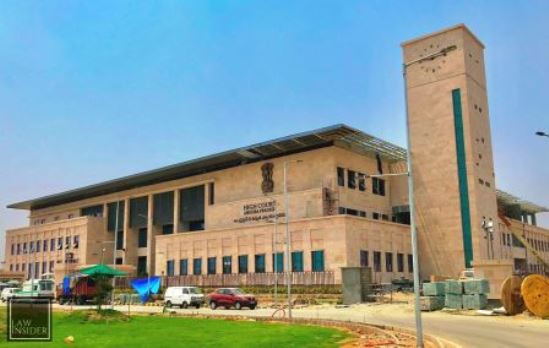Shivangi Prakash-
Andhra Pradesh High Court took note of the significant delay in issuing certified copies of the decisions when granted bail to an accused under the Narcotic Drugs and Psychotropic Substances Act, 1985.
Despite the conscious identification of multiple pending cases, the Court recognised that due to a personnel deficit, it is impossible to produce order copies on time.
Justice Lalitha Kanneganti, pointing to a Supreme Court ruling that took note of the issue, proposed developing an alternate mechanism to alleviate the situation of these under trial prisoners/accused.
Last week, Chief Justice of India N.V. Ramana emphasized the Court’s willingness to develop a method for electronically transmitting bail orders directly to jails, so that prisoners seeking a certified copy of the order are not held up.
In addition, the High Court stated, “Protection of personal liberty of an individual is undeniably a constitutional duty of this Court. Our criminal justice system always gives paramount consideration to the protection of the rights of the accused. Article 21 of the Constitution of India mandates that the personal liberty of an accused can be curtailed only after strict compliance with the procedure established by law.”
The Court pointed out that denying this right undermines public trust in the legal system. The right of the accused to have his bail application heard by the Court within a reasonable time frame is constitutional liberty.
The accused, on the other hand, will not be in a better position if the bail application is denied without the order copy being provided within a reasonable time.
It further stated that in the case of anticipatory bails, the Police Officials must notify the Public Prosecutor of the High Court about the problems in carrying out the Court’s directives.
The Court further ordered the public prosecutor to present the case on the next hearing date.

